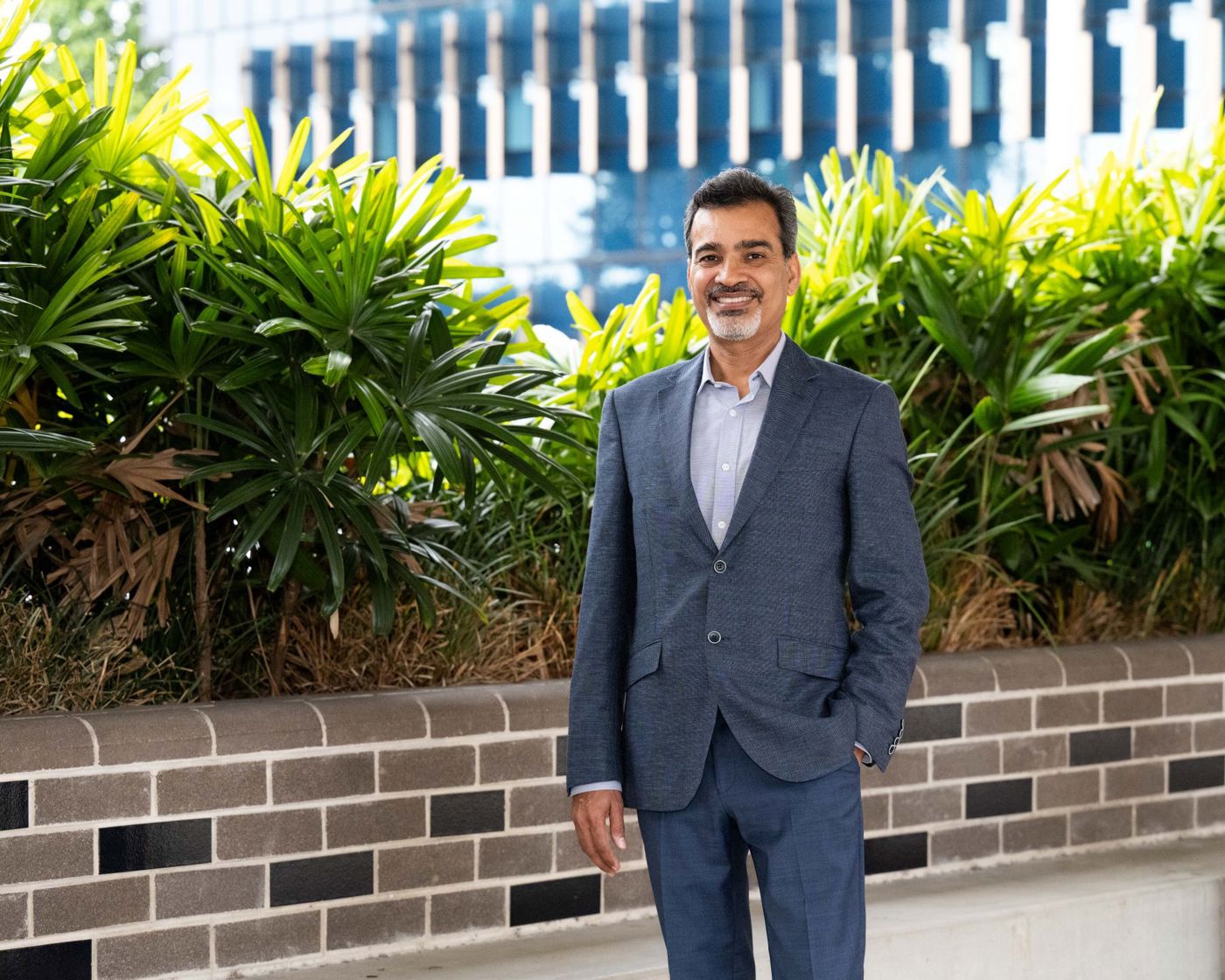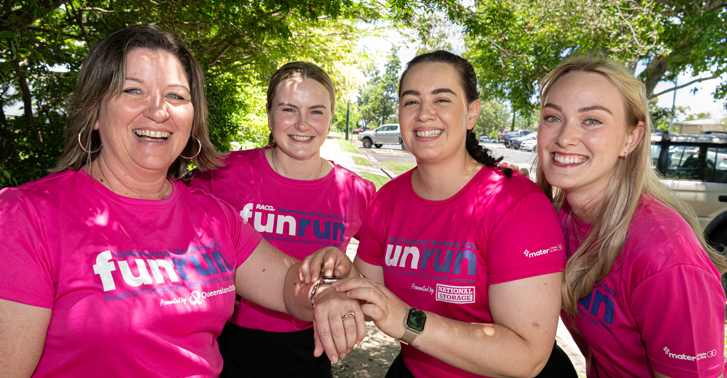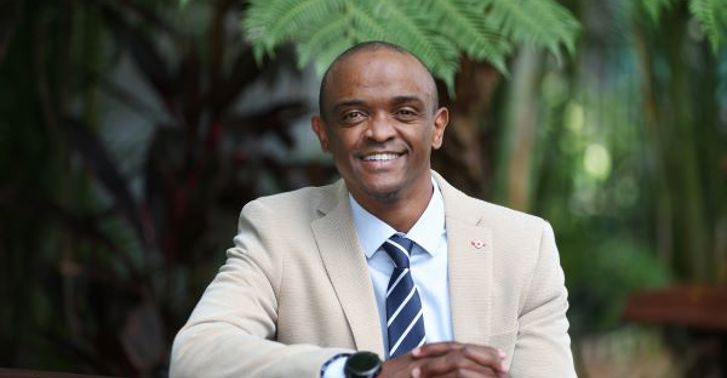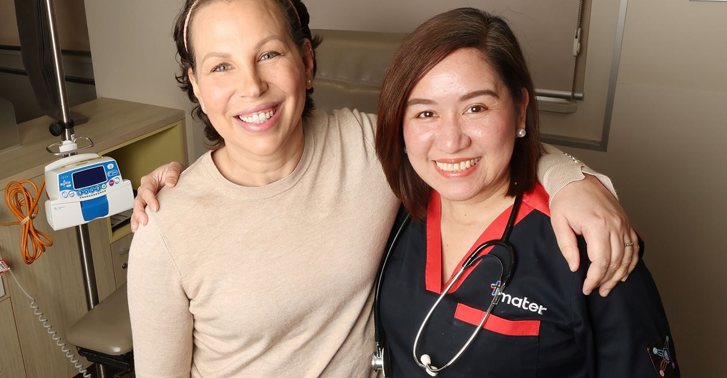Categories:

For two years Rita Lowe struggled with chest pain and a persistent cough, but despite endless trips to her doctor, she was only diagnosed with stage 2 lung cancer in December 2024.
It was a huge shock for the 72-year-old grandmother of six because she has never been a smoker.
“I had a CT scan and a biopsy just before Christmas last year and the lung specialist discovered a 5.5 centimetre tumour on my left lung,” Mrs Lowe said.
“It was a devastating diagnosis, but also a relief to finally get an answer and to know that I wasn’t going crazy and there was a reason for my symptoms.”
Two weeks later she underwent surgery to remove the tumour at Mater Private Hospital Townsville, where she also had breast cancer surgery 25 years ago.
“I then had four months of chemotherapy, and I am now adjusting to my new circumstances,” she said.
“I’m a bit breathless because I lost part of my lung, so I’m still adjusting, but I’m feeling ok.”
Mrs Lowe, from the Atherton Tablelands, is part of a growing group of non-smokers being diagnosed with lung cancer, which now accounts for around 20 per cent of new cases diagnosed globally.
Mater Private Hospital Townsville Cardiothoracic Surgeon Associate Professor Sumit Yadav removed Mrs Lowe’s tumour and said lung cancer is the leading cause of cancer deaths in Australia.
“Around 9000 people will lose their lives to lung cancer this year and more than 15,000 people will be diagnosed with the disease,” A/Prof Yadav said.
“Unfortunately, in the early stages there are often no symptoms or minimal symptoms for lung cancer, so by the time it’s diagnosed, sometimes it’s fairly advanced.”
Earlier this year, Australian researchers reviewed 92 studies on lung cancer in non-smokers defined as having smoked fewer than 100 cigarettes ever.
The authors discovered non-smokers at the highest risk of lung cancer are mostly those who are exposed to passive smoking, radioactive material, air pollution and asbestos, or those who have a first-degree relative with lung cancer.
November is Lung Cancer Awareness Month, which aims to raise awareness of our country’s most devastating cancer.
Of the 41 people diagnosed every day in Australia, almost 85 per cent will be diagnosed at a late stage.
The National Lung Cancer Screening Program launched in July this year supports the early detection of lung cancer through targeted lung cancer screening for high-risk people with no symptoms.
Lung cancer symptoms can include a cough that doesn’t go away, chest pain, trouble breathing or swallowing and shortness of breath.
A/Prof Yadav advises anyone with concerns or symptoms to visit their doctor.
References



